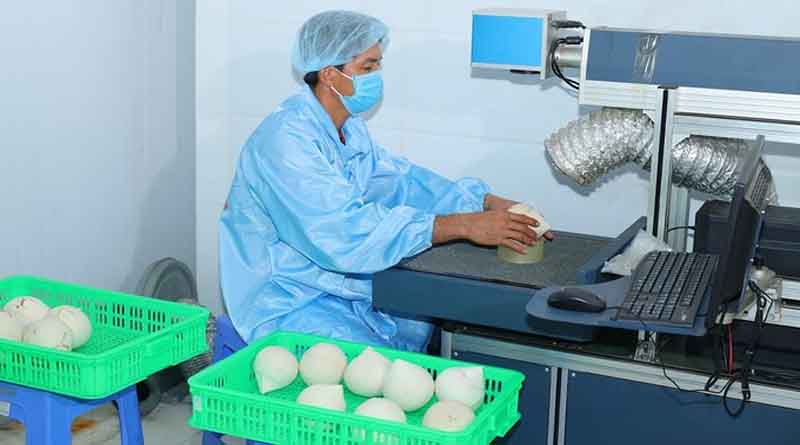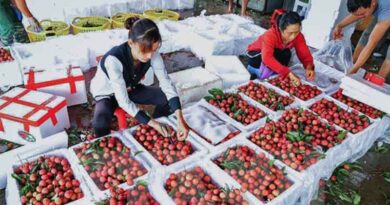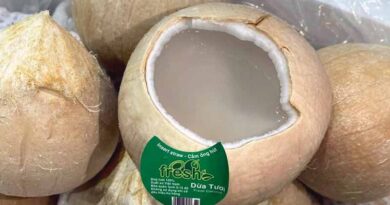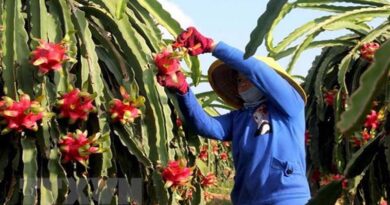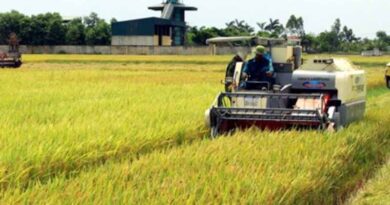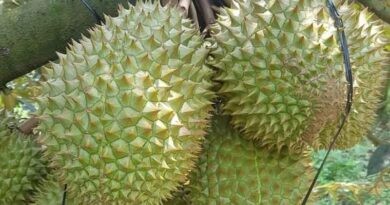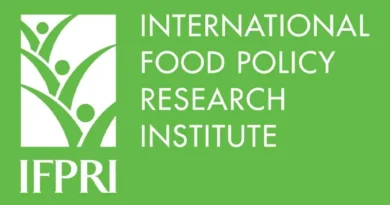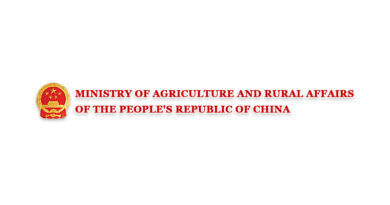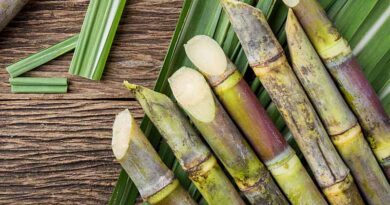Coconut exports from Vietnam expected to achieve the USD 1 billion target by 2025
Eliminating intermediaries for greater benefits for the farmers
25 August 2023, Vietnam: Mr. Luu Van Phu, the Director of the Department of Industry and Trade in Tien Giang province, highlighted that while coconuts are sold for approximately VND 3,500-4,000 per fruit at the local gardens in Tieng Giang and Ben Tre, these same coconuts are priced at around VND 20,000 per fruit in Ho Chi Minh City. He emphasized that the current situation often disadvantages farmers, as intermediaries’ fees consume much of their profits.
Mr. Phi, Mr. Luu Van Phu’s counterpart, expressed that as the number of intermediaries in the supply chain increases, so do the associated costs. He advocated for shortening this chain and reducing intermediary stages. He proposed a model where, for example, if a coconut’s price is set at 10,000 VND, the farmer receives 6,000 VND, leaving 4,000 VND for intermediary costs. This streamlined approach would result in happier farmers and more equitable profits.
The Department of Industry and Trade in Tien Giang province oversees over 35,000 hectares of coconut cultivation, concentrated primarily in Go Cong Tay, Cho Gao, My Tho, and Tan Phu Dong. Expanding exports to markets like the US has the potential to bolster coconut prices, thereby improving farmers’ incomes and encouraging them to invest in maintaining coconut orchards and preserving the country’s unique coconut varieties.
Tien Giang stands out as a province with a strategic advantage in developing agricultural products capable of establishing a reputable presence in both domestic and international markets.
Mr. Huynh Quang Duc, Deputy Director of the Department of Agriculture and Rural Development in Ben Tre province, reported that the province currently boasts more than 15,000 hectares of coconut plantations. The establishment of a comprehensive supply chain has facilitated the effective servicing of both domestic and export markets. Over ten businesses from within and outside the province have registered to contribute to the expansion of coconut water production, securing the province’s coconut industry’s promising future
Unleashing the value of coconut trees
Chairwoman Nguyen Thi Kim Thanh of the Vietnam Coconut Association observed a rapid growth in the coconut industry in recent years. Major enterprises like Thanh Thanh Cong, Betrimex, and Luong Quoi have invested significantly in this sector over the last decade.
With the forthcoming access to the US and Chinese markets for Vietnamese coconuts, these enterprises are scaling up their efforts. The projected increase in export turnover from the current 700 million USD to an estimated 1 billion USD by late 2024 or early 2025 attests to the industry’s potential.
Coconut trees, chosen due to their resilience in the face of climate change, have become a cornerstone for farmers looking to diversify their crops. These trees can tolerate high salinity levels, endure up to three months of waterlogging, require minimal care (only two annual fertilization), and produce one chamber of fruit per month
Chairwoman Thanh emphasized that approximately 20 large Vietnamese enterprises are exporting coconuts to 35 countries and territories around the world. Apart from their utility as a food source, coconuts offer a plethora of diverse products. Businesses affiliated with the Vietnam Coconut Association have been researching and developing new applications for coconut shells in interior decoration, contributing to the industry’s growth and innovation.
As the coconut industry continues its remarkable trajectory, the potential for increased exports and product diversification is undeniable. The expansion into lucrative markets such as the US and China, along with the development of innovative coconut-based products, holds the promise of not only boosting farmers’ incomes but also solidifying Vietnam’s position as a key player in the global coconut market.
As one of the largest coconut jelly exporters today, the G.C Food Joint Stock Company (GC Food) exports every month to fastidious markets such as Japan, Korea Malaysia, Indonesia, Thailand, and the Middle East. , Central Asia, Russia about 1,000 – 1,200 tons of coconut jelly. Revenue from coconut jelly in the first 6 months of 2023, GC Food grew by about 30% compared to last year.
According to Mr. Nguyen Diep Phap, Deputy General Director of GC Food International Sales, the coconut jelly industry lags behind other coconut industries, but now and in the future, there are many opportunities for development.
“Japan and Korea have studied and shown that coconut jelly is good for the digestive system, so in the future coconut jelly can be one of the products that compete with Taiwan’s pearls. On the other hand, in the domestic market, large dairy enterprises have also put coconut jelly and aloe vera in their products. Currently, GC Food supplies many raw materials of coconut jelly and aloe vera jelly to large dairy companies in Vietnam. In the next 5 years, the coconut jelly industry will go further,” said Mr. Phap, adding that GC Food is aiming for organic products, so in the future, it will link with farmers to plan organic coconut planting areas improving the value of coconuts of farmers as well as improving the value of coconut products
Also Read: Viterra receives first public environmental, social and governance rating
(For Latest Agriculture News & Updates, follow Krishak Jagat on Google News)

